May 24, 2025 | 04:11 GMT +7
May 24, 2025 | 04:11 GMT +7
Hotline: 0913.378.918
May 24, 2025 | 04:11 GMT +7
Hotline: 0913.378.918
Dr Cristobal Garcia-Herrera, senior teaching fellow at Imperial College Business School, London, said there are 4 key challenges facing the egg industry.
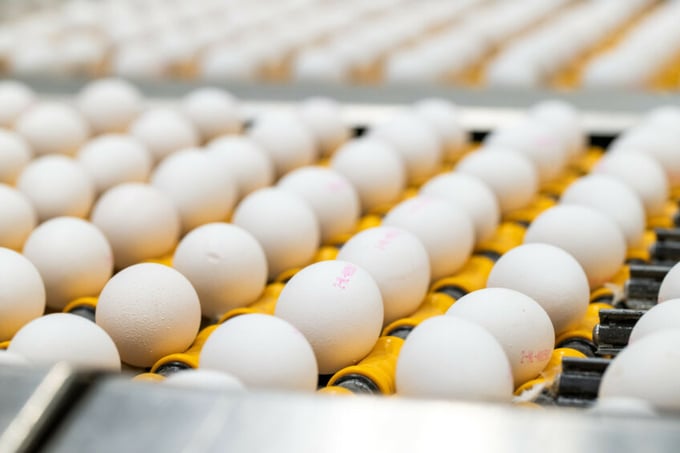
Governments worldwide are imposing stricter regulations regarding food safety, animal welfare and environmental protection. Photo: Cor Salverius Fotografie.
Speaking to the International Egg Commission annual conference in Venice, Dr Garcia-Herrera, highlighted:
· Sustainability and environmental impacts
o Including greenhouse gas emissions, water use and waste management.
o Animal welfare concerns, particularly regarding caged versus cage-free egg production, prompting shifts in farming practices.
· Disease management
o Diseases like avian influenza pose a significant risk to the poultry industry. Outbreaks can devastate egg production, lead to trade restrictions and increase biosecurity costs.
· Regulatory changes
o Governments worldwide are imposing stricter regulations regarding food safety, animal welfare and environmental protection. Compliance can increase operational costs.
· Market volatility and changing consumer preferences
o Prices for eggs and egg products can fluctuate due to changes in supply, input costs and external factors such as trade restrictions, natural disasters and pandemics.
But Garcia-Herrera added that there were plenty of opportunities, especially concerning leveraging the egg as nature’s large vitamin pill. It was important for companies to explore new business models, tech and novel egg-based products, he added.
Marketing transformation
Sarah Dean, Noble Foods chair and owner, talked about marketing transformation across the company. She said the firm was committed to bringing new brands and products into the marketplace, covering packaging innovation and new liquid egg products. It’s The Happy Egg Co. brand is a market leader, focusing now entirely on welfare rather than Vitamin D as the latter had confused consumers.
It also supplies retailers with its number one entry tier, cage brand, Big and Fresh; the Purely Organic brand, which focuses on sustainability and protection of the planet and New Freshlay Golden Yolks brand, which is about food taste and quality.
Back to the range
Margaret Hudson, Burnbrae Farms in Canada, said the company moved away from dairy farming to egg production in the 1960s. It is now one of the largest egg companies in Canada with 1,700 employees, sourcing eggs from 400 farms with 6 of its own and 8 grading stations, 3 processing plants and 2 distribution centres.
Hudson said the firm sells to all the major retailers in Canada including Costco and Safeway as well as foodservice businesses such as McDonald’s, Nestle, Unilever and Subway.
She said the firm had transitioned much of its business back to the range, from barn and cage in recent years. Innovation was core to the success of the company, introducing Omega eggs, extended shelf life for liquid eggs and making egg pates and omelettes over the past few decades.
Its 5-pillar sustainability strategy includes plans to go net zero by 2050 and marketing of eggs from solar powered free range farms – Naturegg Omega Plus Solar – as well as Green Valley eggs, which are produced with 100% clean energy by Bullfrog Power.
Columbians eating more eggs
Juan Felipe Montoya Munoz, from Incubadora Santander S.A, Colombia, said consumption in the country was growing with a 42.1% rise over the past decade, with people eating 324 eggs per year – the 4th-highest in the world.
This is expected to rise to 346 eggs per year this year with 99% of consumer eating eggs and 61% eat eggs for breakfast. There is still a myth about cholesterol linked to eggs, which Munoz says is something the company needs to work on.
(PW)
/2025/05/22/5250-1-184853_288.jpg)
(VAN) According to a representative from the Central Retail Vietnam, Vietnamese products such as seafood, sweet potatoes, dragon fruit, coffee, and spices hold great potential in the Thai market.

(VAN) A multi-channel, multi-directional strategy only works when the agricultural value chain meets global transparency and SPS standards.
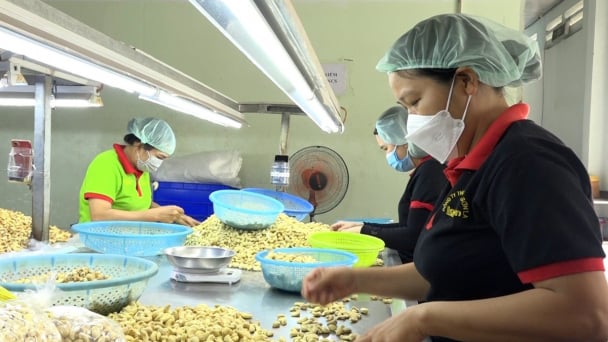
(VAN) Market expansion is a matter of survival for Vietnamese businesses amid fierce competition and global supply chain fluctuations.
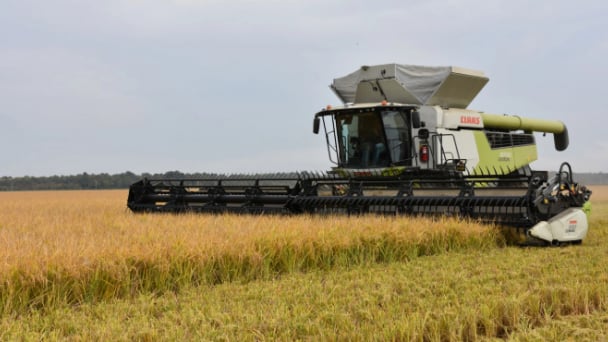
(VAN) Global market prospects for U.S. long-grain rice for the upcoming marketing year.
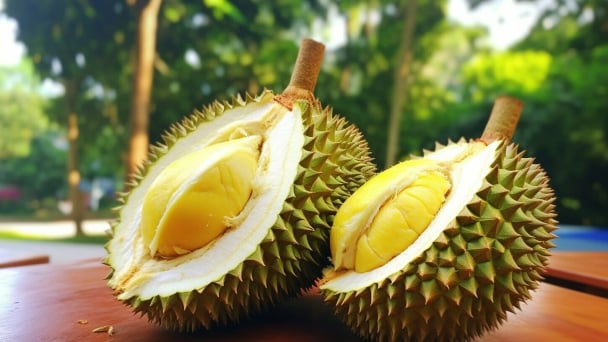
(VAN) China’s General Administration of Customs started permitting fresh durian shipments from Cambodia after a phytosanitary protocol was signed with the Cambodian Ministry of Agriculture in late April.
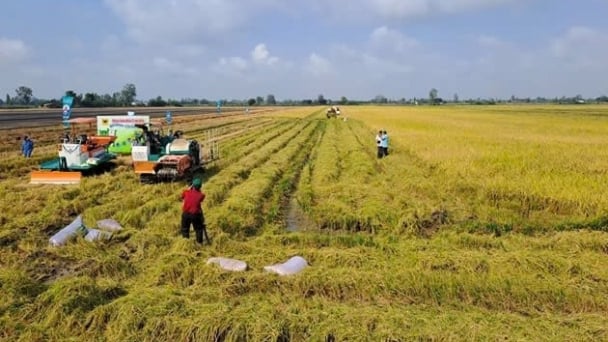
(VAN) To operate carbon market, one of the key issues is determining which types of 'commodities' meet the standards to be traded on the market.
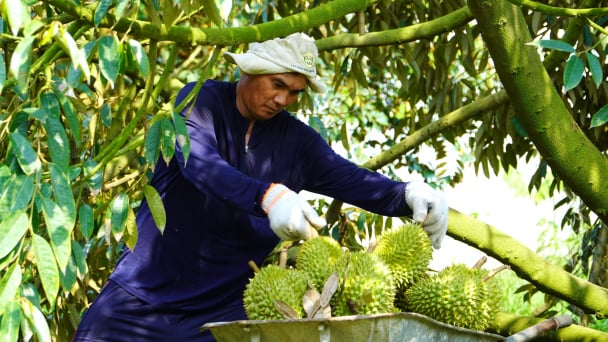
(VAN) Durian-producing localities need to coordinate more effectively with central authorities to improve the traceability, monitoring, and response systems in case of violations.